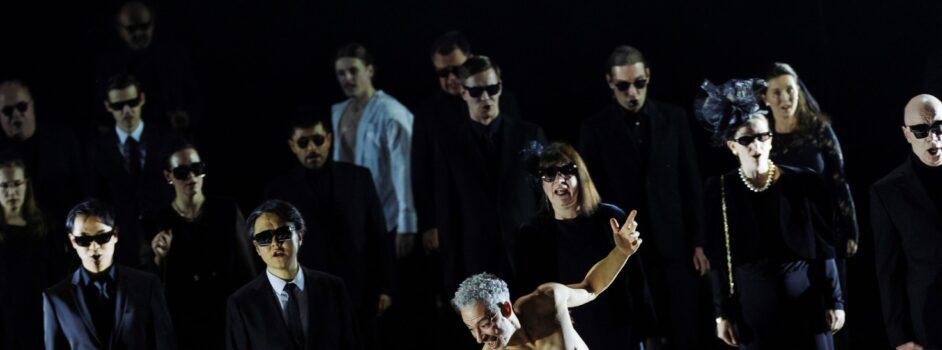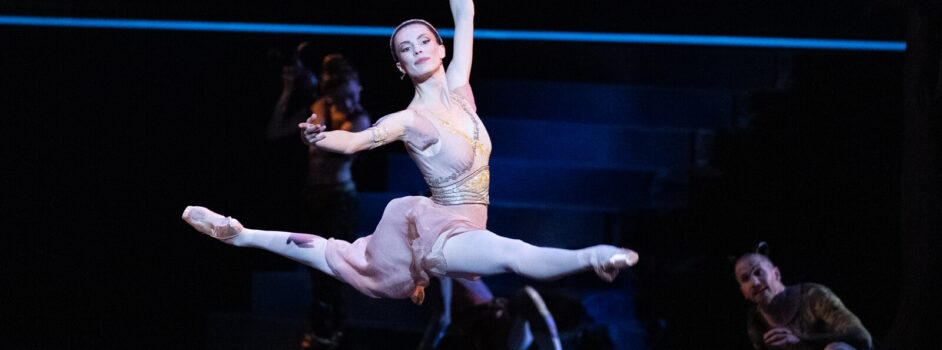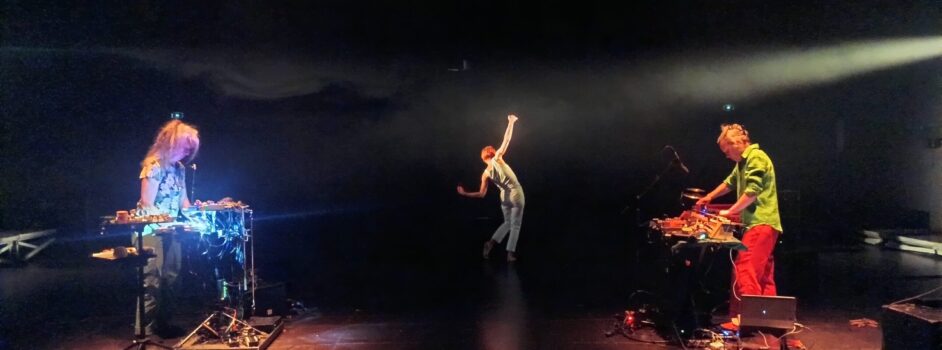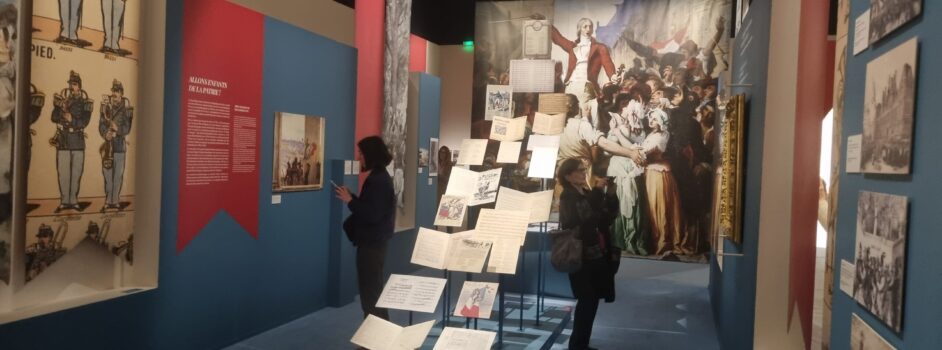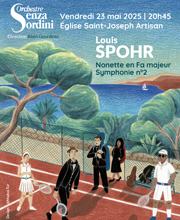Plus de détails
Bonn. Beethovenhalle. 29-IX-2013. Ludwig van Beethoven (1770-1827) : Fidelio, opéra en 2 actes sur un livret de Joseph Ferdinand Sonnleithner et Friedrich Treitschke. Représentation en version de concert. Avec : Cécile Perrin, Leonore ; Mojca Erdmann, Marzelline ; Burkhard Fritz, Florestan ; Dmitry Ivashchenko, Rocco ; Evgeny Nikitin, Don Pizarro ; Julian Prégardien, Jacquino ; Detlef Roth, Don Fernando ; Ulrich Tukur, récitant. Deutscher Kammerchor (direction : Michael Alber). Die Deutsche Kammerphilharmonie Bremen, direction : Paavo Järvi
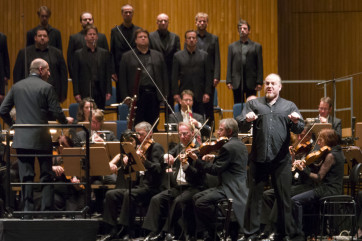 Many years have passed, but Rocco, an old, retired jailer, remembers. He remembers an extraordinary young man, although he was not a young man: his son-in-law, Fidelio, who turned out to be a woman, Leonore. And he remembers Florestan, the prisoner, a victim of the arbitrary power of his boss, Don Pizarro. Owing to his lack of courage, even he had refused to give Florestan a chunk of bread, he, Rocco, the opportunist. It was German writer Walter Jens who imagined, in 1985, such a Memoirs of Rocco, a text perfectly suitable to augment a live performance in a concert version of Fidelio, if an actor able to speak and act the text is available. The Beethovenfest Bonn staged such an event effectively and chose Ulrich Tukur, a German movie and theater star, as the actor. But was Tukur a good choice? He is an extrovert: he keeps running all around the stage and reads his lines in an implacable stacatto fashion: loud and fast. At no point does he step into the pensive old man's shoes to wonder about his memory and his conscience. Such a shame…
Many years have passed, but Rocco, an old, retired jailer, remembers. He remembers an extraordinary young man, although he was not a young man: his son-in-law, Fidelio, who turned out to be a woman, Leonore. And he remembers Florestan, the prisoner, a victim of the arbitrary power of his boss, Don Pizarro. Owing to his lack of courage, even he had refused to give Florestan a chunk of bread, he, Rocco, the opportunist. It was German writer Walter Jens who imagined, in 1985, such a Memoirs of Rocco, a text perfectly suitable to augment a live performance in a concert version of Fidelio, if an actor able to speak and act the text is available. The Beethovenfest Bonn staged such an event effectively and chose Ulrich Tukur, a German movie and theater star, as the actor. But was Tukur a good choice? He is an extrovert: he keeps running all around the stage and reads his lines in an implacable stacatto fashion: loud and fast. At no point does he step into the pensive old man's shoes to wonder about his memory and his conscience. Such a shame…
This version of Beethoven's only opera is also very Sturm und Drang musically. With gestures both precise and evocative, Paavo Järvi fired up the Deutsche Kammerphilharmonie Bremen, an orchestra whose technique is perfect and whose sound is always clear. There was no pre-Wagnerian weight in this interpretation, but it had a feeling of urgency and an energy that, more than once, took the breath away. The quartet in act I and the beginning of the chorus of prisoners were rare (and magical!) moments of rest, but Järvi entirely eliminated the Singspiel aspect of the first few scenes—a debatable choice.
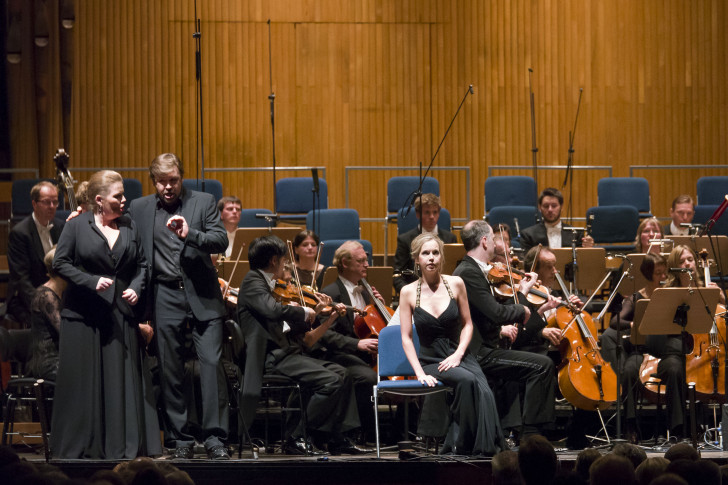 As far as the cast goes, Emily Magee's withdrawal owing to sickness was regrettable. Her replacement, Cécile Perrin, appeared disturbed by the conductor's fast tempi, and the part's demands overwhelmed her. Her low register lacked security, her middle register lacked warmth, and her high notes were often forced, which made them sound too piercing. Alas, a few beautiful piani were not enough to save the day. On the other hand, Burkhard Fritz portrayed a believable Florestan from beginning to end. He rose easily to his high register, with very beautiful and subtle vocal colorings. Evgeny Nikitin, as Pizarro, was also excellent, his voice perfect for this part, both powerful and flexible. His enunciation would leave some of his German colleagues green with envy. Dimitry Ivashchenko, as Rocco, was vocally flawless, but his portrayal of the character—neither good-natured nor a mean accomplice—seemed a little weak. Mojca Erdmann, with her small but radiant and well-projected voice was a good Marzelline; Julian Pregardien, with his youthful tenor, was remarkable as Jacquino, a supporting role. Detlef Roth, as the minister, performed honorably, even if the register seemed too low for him.
As far as the cast goes, Emily Magee's withdrawal owing to sickness was regrettable. Her replacement, Cécile Perrin, appeared disturbed by the conductor's fast tempi, and the part's demands overwhelmed her. Her low register lacked security, her middle register lacked warmth, and her high notes were often forced, which made them sound too piercing. Alas, a few beautiful piani were not enough to save the day. On the other hand, Burkhard Fritz portrayed a believable Florestan from beginning to end. He rose easily to his high register, with very beautiful and subtle vocal colorings. Evgeny Nikitin, as Pizarro, was also excellent, his voice perfect for this part, both powerful and flexible. His enunciation would leave some of his German colleagues green with envy. Dimitry Ivashchenko, as Rocco, was vocally flawless, but his portrayal of the character—neither good-natured nor a mean accomplice—seemed a little weak. Mojca Erdmann, with her small but radiant and well-projected voice was a good Marzelline; Julian Pregardien, with his youthful tenor, was remarkable as Jacquino, a supporting role. Detlef Roth, as the minister, performed honorably, even if the register seemed too low for him.
And last but not least, the performance of the Deutscher Kammerchor was exemplary. Everything that was needed was there: cohesion, beautiful sound, power, dynamics. Their dramatic presence was particularly captivating. Bravo!
Plus de détails
Bonn. Beethovenhalle. 29-IX-2013. Ludwig van Beethoven (1770-1827) : Fidelio, opéra en 2 actes sur un livret de Joseph Ferdinand Sonnleithner et Friedrich Treitschke. Représentation en version de concert. Avec : Cécile Perrin, Leonore ; Mojca Erdmann, Marzelline ; Burkhard Fritz, Florestan ; Dmitry Ivashchenko, Rocco ; Evgeny Nikitin, Don Pizarro ; Julian Prégardien, Jacquino ; Detlef Roth, Don Fernando ; Ulrich Tukur, récitant. Deutscher Kammerchor (direction : Michael Alber). Die Deutsche Kammerphilharmonie Bremen, direction : Paavo Järvi

